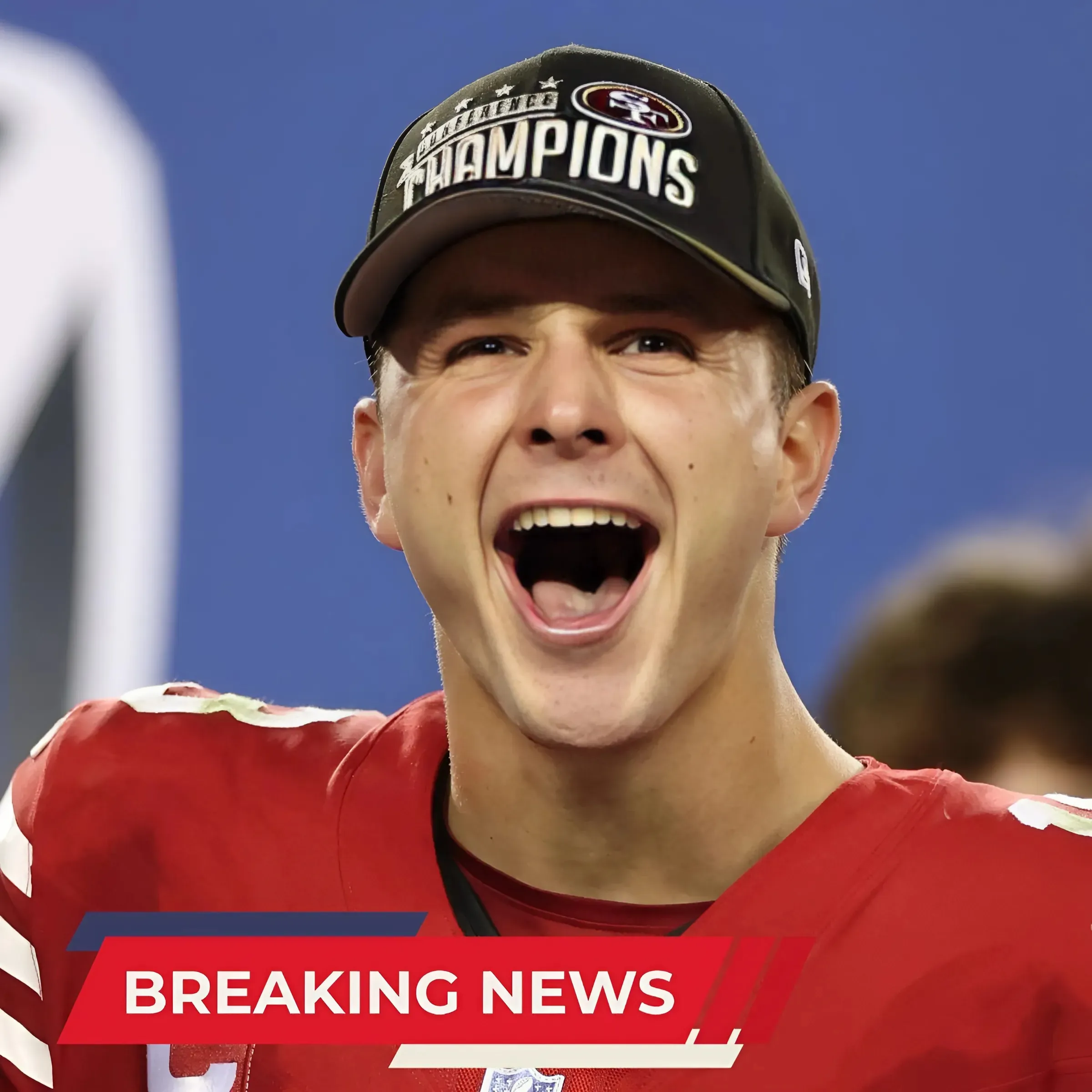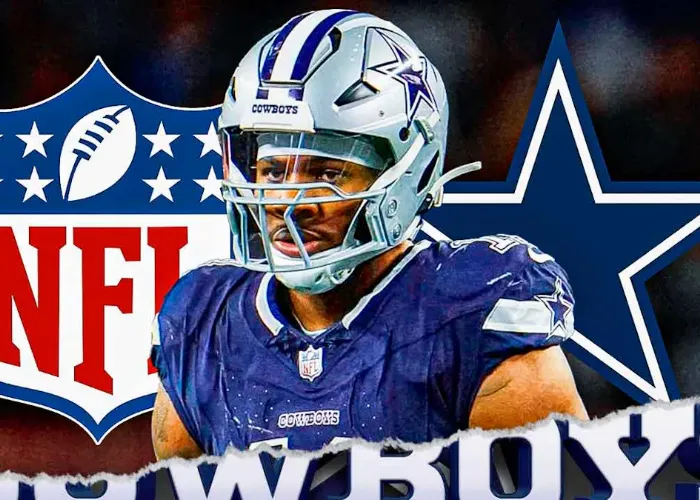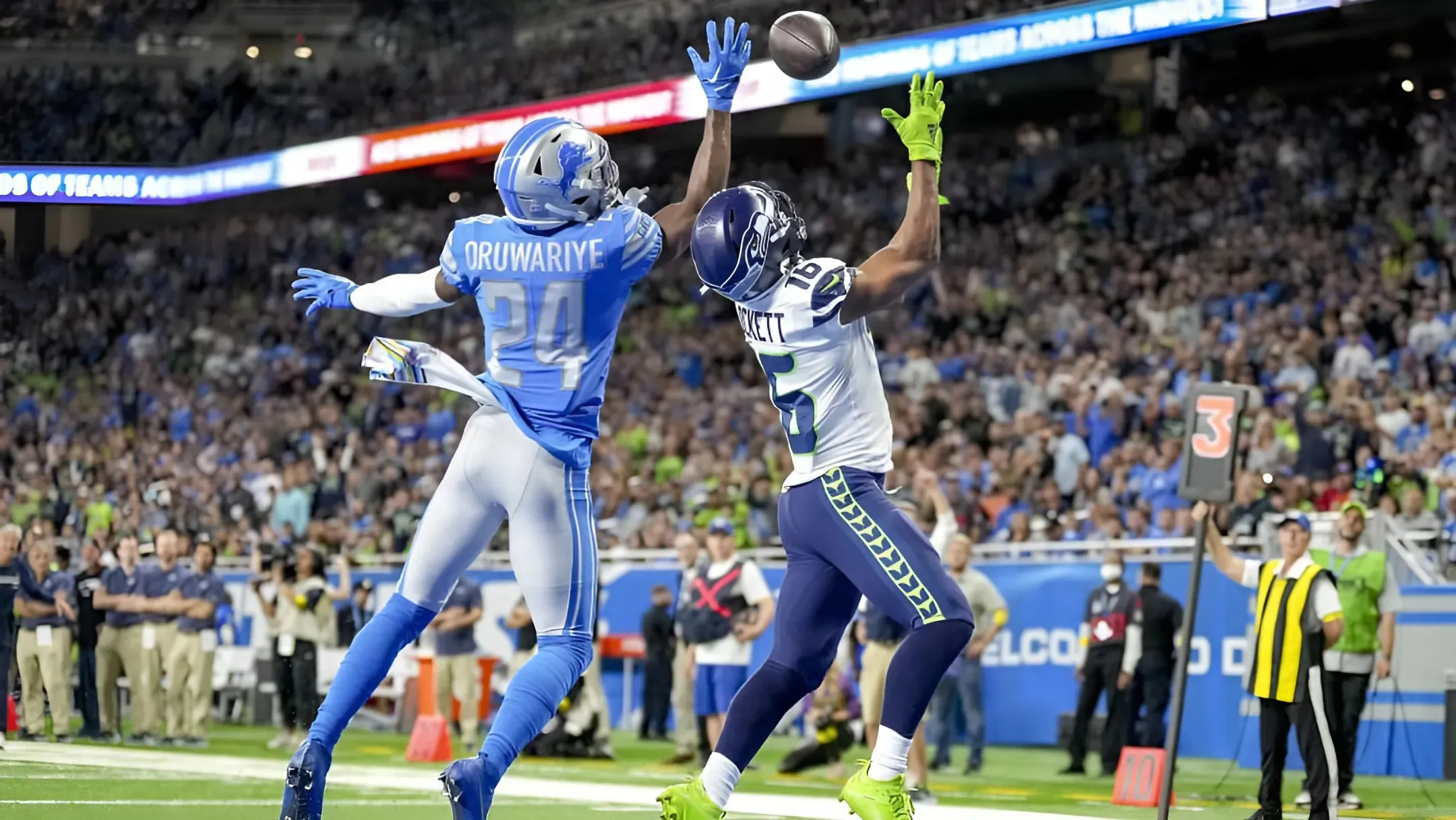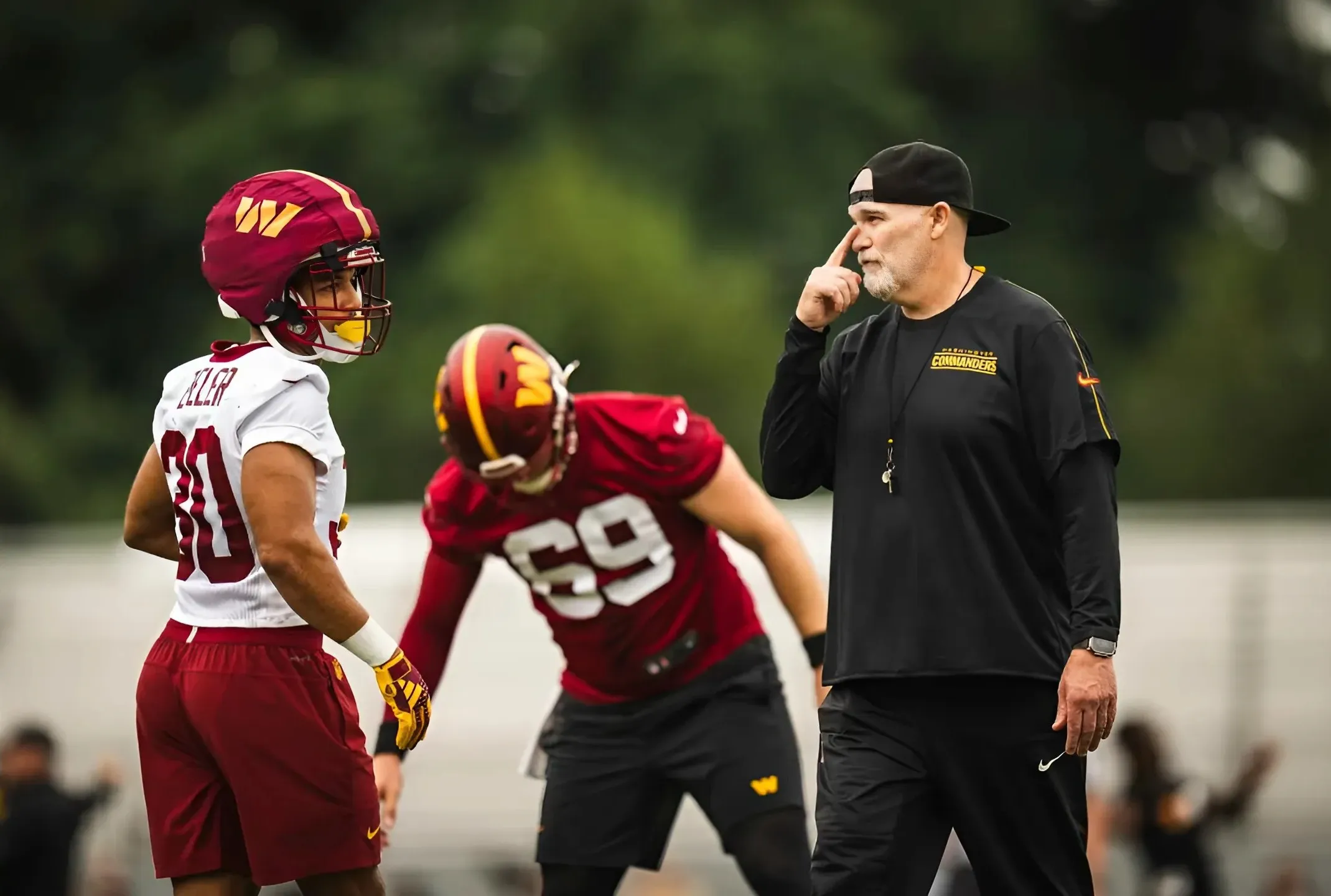The Dodgers are expected to be very active prior to the July 30 trade deadline, as while Los Angeles still has the fourth-best winning percentage (.585) in baseball, the team is just 10-12 in its last 22 games. Injuries all over the roster have left L.A. with plenty of holes to fill, and the Dodgers are therefore casting a wide berth in exploring possible deadline pickups.
With starting pitching a particular need, Tigers right-hander Jack Flaherty is a Dodgers target, according to Evan Petzold of the Detroit Free Press. Nationals reliever Kyle Finnegan, Rays third baseman Isaac Paredes, Cubs second baseman Nico Hoerner, and Angels infielder Luis Rengifo have also received consideration, as per USA Today’s Bob Nightengale, since the Dodgers are trying to shore up both their bullpen and the infield.
Since Flaherty is a free agent after the season, he is one of the more obvious rental candidates available considering that the Tigers (despite some good recent play) are still only 52-54 and more on the outskirts of the AL wild card race. As noted by both Petzold and Nightengale, Detroit’s asking price for Flaherty is both high and somewhat straight-forward — teams will have to offer the Tigers something they deem more valuable than the compensatory draft pick the Tigers would receive this winter if Flaherty rejects the team’s inevitable qualifying offer and signs elsewhere.
The Dodgers’ rotation needs have somewhat lessened now that Tyler Glasnow is back from the injured list and Clayton Kershaw has made his season debut, but L.A. still has a whopping nine pitchers on the IL. Walker Buehler is on a Triple-A rehab assignment, though Yoshinobu Yamamoto’s timetable is still unclear, and Yamamoto will be out until late August at the earliest as he recovers from a triceps injury. Los Angeles did feel comfortable enough in its pitching depth to deal James Paxton to the Red Sox, but Flaherty is more of a front-of-the-rotation type that could conceivably start a playoff game.
Likewise, Finnegan could slot right into what has become something of a fluid late-game mix. Evan Phillips is still ostensibly the Dodgers’ top choice as closer, though his recent struggles have brought Daniel Hudson and Blake Treinen into the picture as save candidates. Manager Dave Roberts recently stated that Phillips could be deployed in any high-leverage situation late in games rather than specifically just the ninth inning, which opens the door for L.A. to solidify things by landing another experienced closer like Finnegan.
Since Finnegan is arbitration-controlled through 2025, he’d also be able to help Los Angeles next season in addition to this year’s playoff run. This extra year of control means that the Nationals would get an even nicer return by moving him at the deadline, though D.C. might consider waiting until the offseason to gauge offers if nobody steps up with an acceptable enough trade package by Tuesday. The Nats already got a good score in moving Hunter Harvey to the Royals earlier this month, and between the Harvey deal and yesterday’s trade of Jesse Winker to the Mets, Washington is clearly in sell mode.
The infield targets all come with varying degrees of control beyond just the 2024 season. Rengifo is arb-controlled through 2025, Paredes is arb-controlled through 2027 as a Super Two player, and Hoerner is signed through 2026 via the three-year, $35MM deal he inked prior to the 2023 season. That extension started this year, so Hoerner is owed roughly $3.9MM in salary for the rest of 2024, as well as $11.5MM in 2025 and $12MM in 2026.
Sticking with Hoerner, that is a decent-sized price tag for a Dodgers team already far over the highest tier of luxury tax penalization. In terms of both the actual salary and the added tax hit, Hoerner’s dollar value would come at more than double the size of his contract, as the Dodgers have an additional repeater penalty for exceeding the Competitive Balance Tax in each of the previous three seasons. This cost could be reduced if Los Angeles sent another contract to Chicago in return, or the Cubs could absorb more of Hoerner’s deal if the Dodgers improved the value of the trade package.
The latter scenario could involve better prospects, or perhaps more win-now types of players for a Cubs team that is still aiming to contend in 2025, even if 2024 is looking like a wash. Moving a reliable everyday player like Hoerner would be a bold move for the Cubs, yet for a team that has a good amount of middle infield depth, trading Hoerner could allow Chicago to upgrade in other areas.
A defensive standout at either middle infield position, Hoerner could give the Dodgers an answer to their shortstop woes, as both Mookie Betts and Miguel Rojas are injured. Installing Hoerner at short would allow Betts to play second base (or even move back to the outfield) when he is healthy, and Rojas and Gavin Lux would then assume depth roles. With Hoerner locked up through 2026, the Dodgers could then explore returning Betts back to right field altogether, or perhaps at least limit him to second base when he does get infield work.
Rengifo is a utility player who can play all over the diamond, though he doesn’t offer strong glovework at any position. The switch-hitter does bring more offense than Hoerner, and Rengifo has returned in seemingly good health after a three-week absence due to wrist inflammation. Perhaps the biggest obstacle to a Rengifo trade for the Dodgers would be the fact that the two L.A. teams are infrequent trade partners. Ironically, Rengifo was part of an infamously scuttled trade between the Angels and Dodgers in February 2020, which reportedly left Halos owner Arte Moreno upset at the idea of ever again doing business with his local rivals.
Conversely, the Rays and Dodgers have lined up on several trades over the years, including the blockbuster deal that sent Glasnow to Los Angeles just this past offseason. This could help the Dodgers in working out a Paredes trade, who would likely play third base with Max Muncy’s recovery from an oblique strain still up in the air. Since Muncy is signed through at least 2025 and Paredes would be a longer-term addition, one of the two could likely be moved to second base in 2025, which also helps the Dodgers’ middle infield picture to some extent. The Rangers, Astros, and Mariners are among the other teams who have been linked to Paredes in recent rumors, though intriguingly, Nightengale writes that the Yankees and Dodgers are in a “bidding war” over the All-Star infielder.




